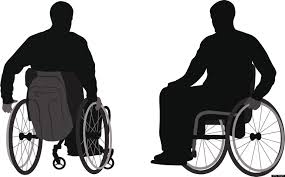记忆方法
将“paralysis”分解为“para”和“alysis”,其中“para”可以联想到“para”在希腊语中意味着“旁边、远离”,而“alysis”意味着“解开、解析”。记忆方法可以是:想象有一种力量(“alysis”)将人的身体或活动能力(“para”旁边)“解开”导致瘫痪(paralysis)。这种视觉联想可以帮助记忆这个词的含义。
以上内容由AI生成, 仅供参考和借鉴
中文词源
paralysis 瘫痪
来自paralyse,瘫痪。
英语词源
- paralysis (n.)
- 1520s, from Latin paralysis, from Greek paralysis "paralysis, palsy," literally "loosening," from paralyein "disable, enfeeble," from para- "beside" (see para- (1)) + lyein "loosen, untie" (see lose).
Figurative use from 1813. Earlier form was paralysie (late 14c., see palsy). Old English equivalent was lyft adl (see left (adj.)) or crypelnes "crippleness."
权威例句
- 1. Poison from the weaver fish causes paralysis, swelling, and nausea.
- 龙的毒素会引起瘫痪、肿胀和恶心。
- 2. The paralysis of the leadership leaves the army without its supreme command.
- 领导层瘫痪导致军队没有最高指挥。
- 3. paralysis of both legs
- 双腿瘫痪
- 4. An attack of paralysis seized him.
- 他突然瘫痪了.
- 5. Its effects on the nervous system include weakness, paralysis, and tingling in the hands and feet.
- 它对神经系统的影响包括虚弱、麻痹与手脚刺痛。
